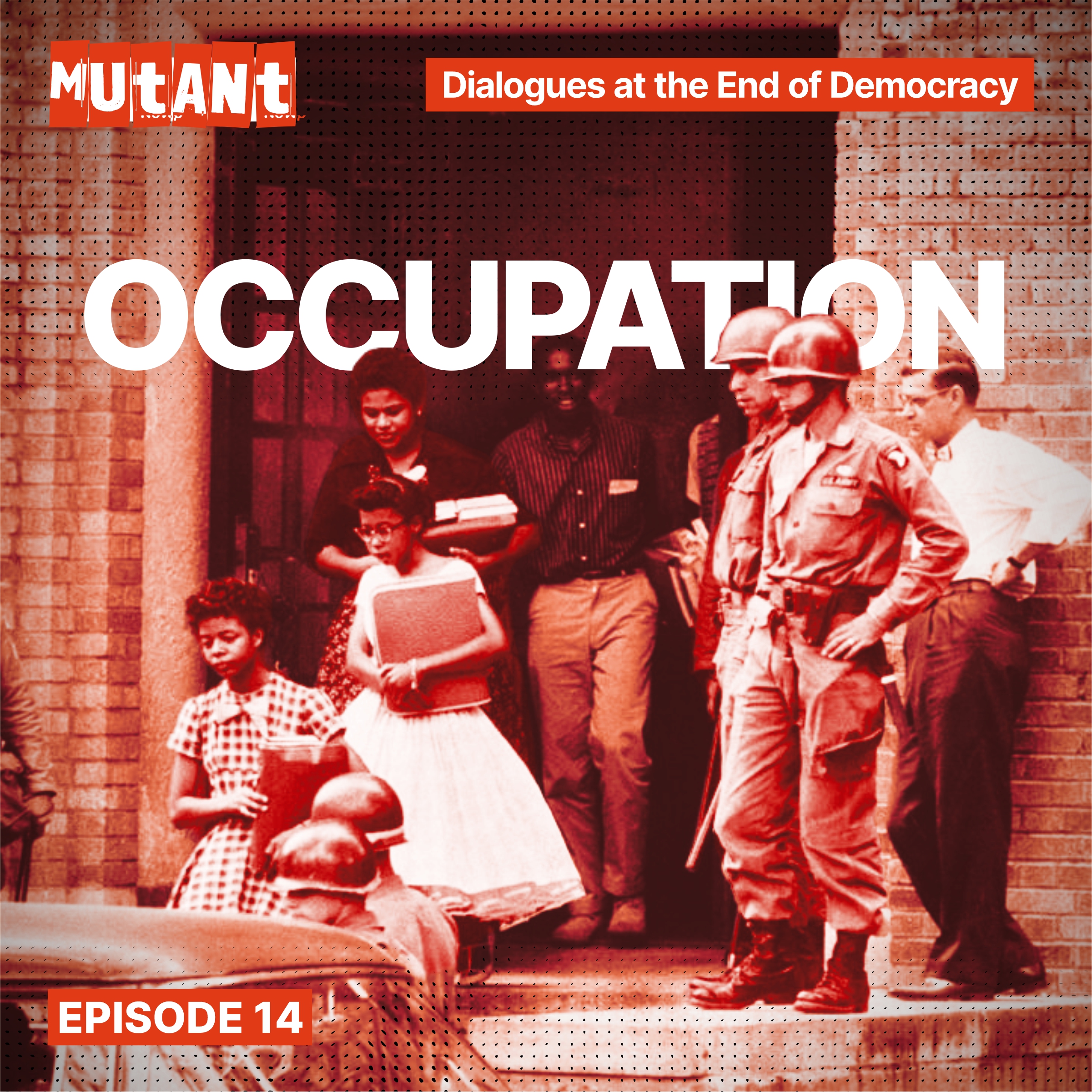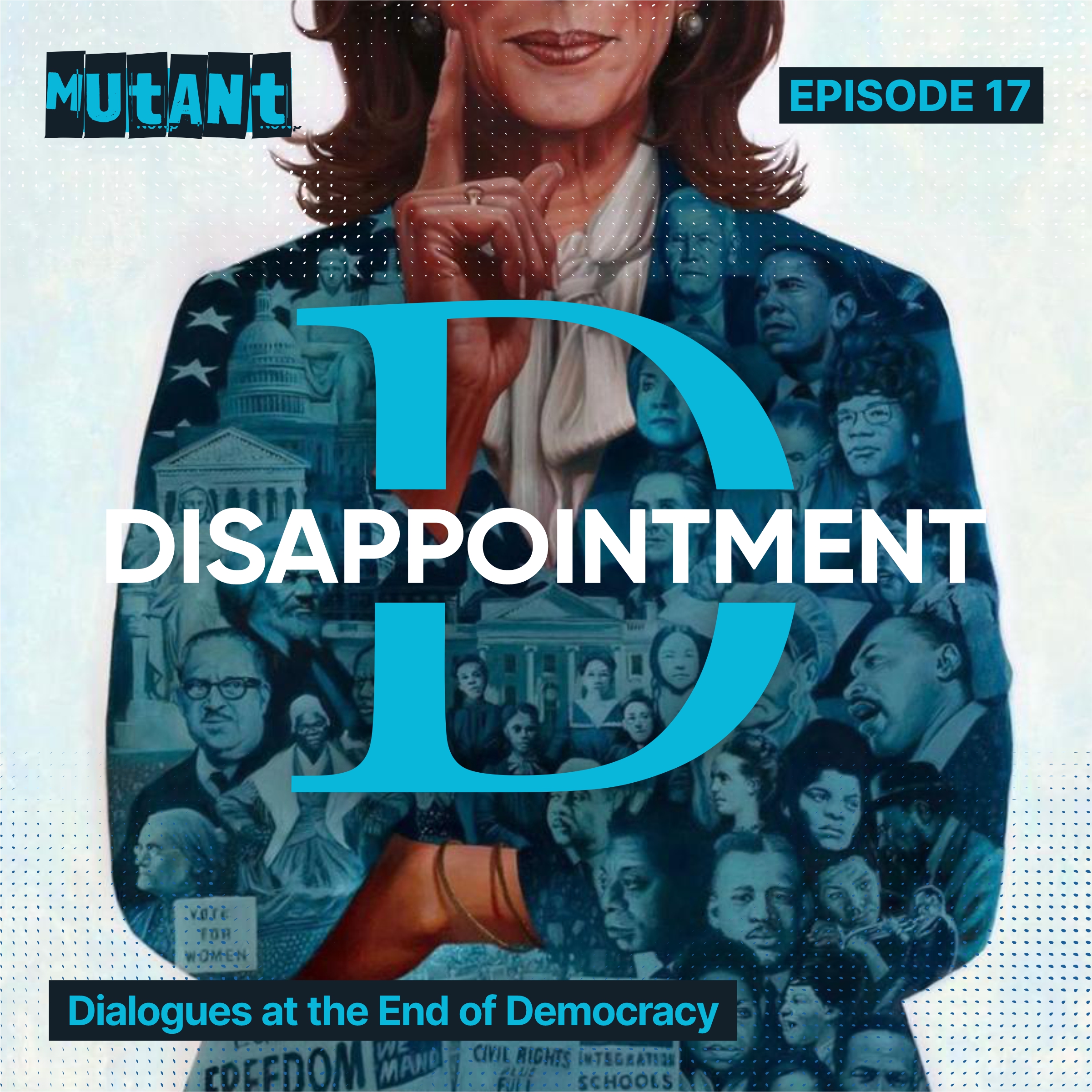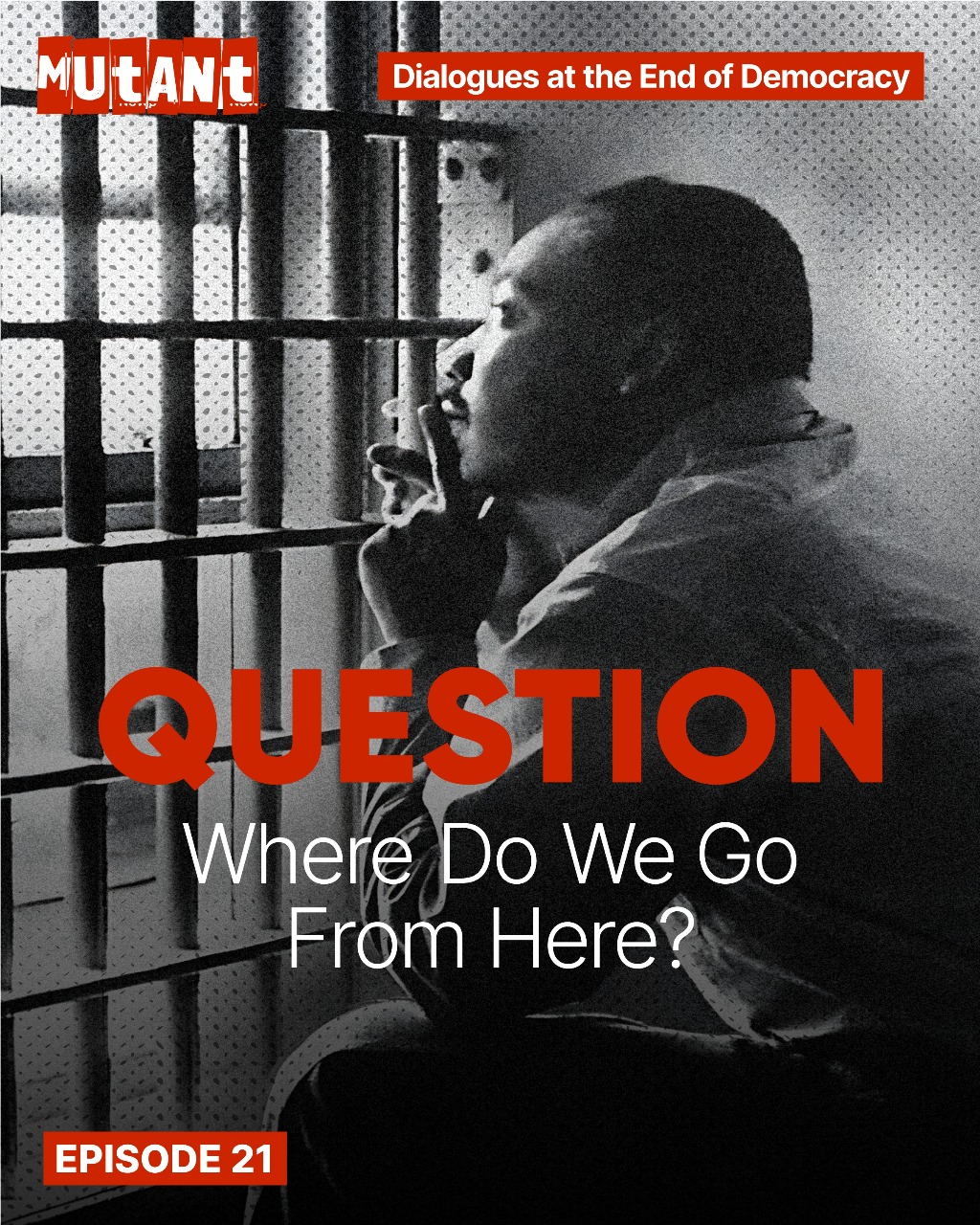Not only does violence have the capacity to become normative, we also seem to wholly lose our capacity for moral judgement in its wake. So that the moment it appears in front of us, violence immediately destroys all social and political alternatives, as if it were the only choice available to exercise, an inevitable path waiting to be taken.
This is why we fail to ever judge violence; we judge only its perpetrator. We fail to call out militarized rage; we choose instead to mourn its victims after the fact, thereby reproducing the inequality of which violence is an effect. What else explains our refusal to recognise the inviolability of all lives, our trafficking in the value of one life versus another? How else do we understand the abuse of the idea of resistance, in the name of which violence and counter-violence are waged on civic populations by governments?
“Resistance is what we bring to bear not on the enemy, but on those who rule us and those we elect,” says Aishwary Kumar. “It is the refusal of citizens to surrender to the fabrications and perjuries of their government, to refuse the economy of violence into which their government will pull them again and again. Resistance is a critique of violence. Resistance is the critique of the lethal inevitability with which we accept violence.”
We continue an electrifying dialogue on violence — and clear the ground for a radical new understanding of non-violence.

“We lost our home, which means the familiarity of daily life. We lost our occupation, which means the confidence that we are of some...

Often shrugged off as a passing sense of dejection in a world that has let us down, “disappointment” might be the most intransigent concept...

Has America given up its “pursuit of happiness”? Why do we ask so many questions? "How does it feel to be a problem?" Du...